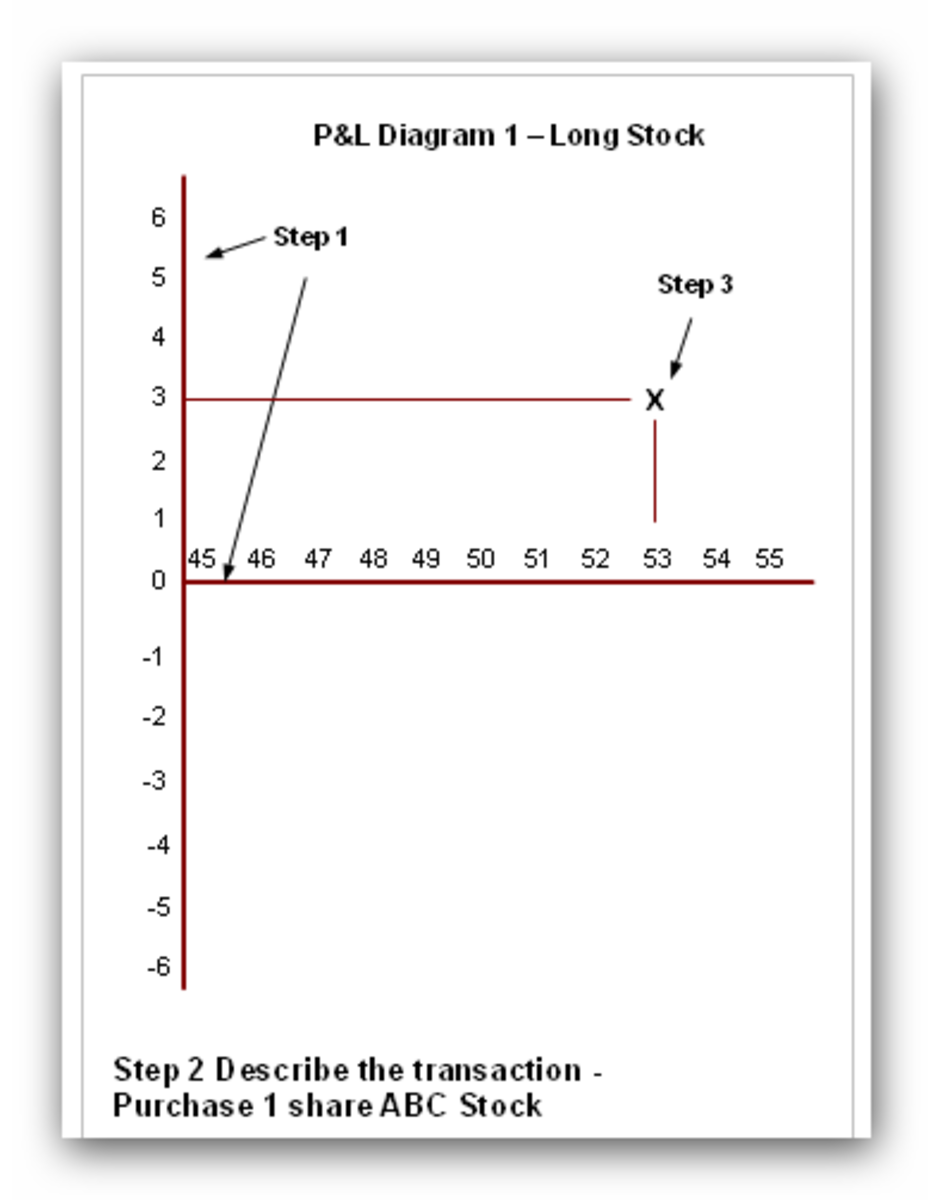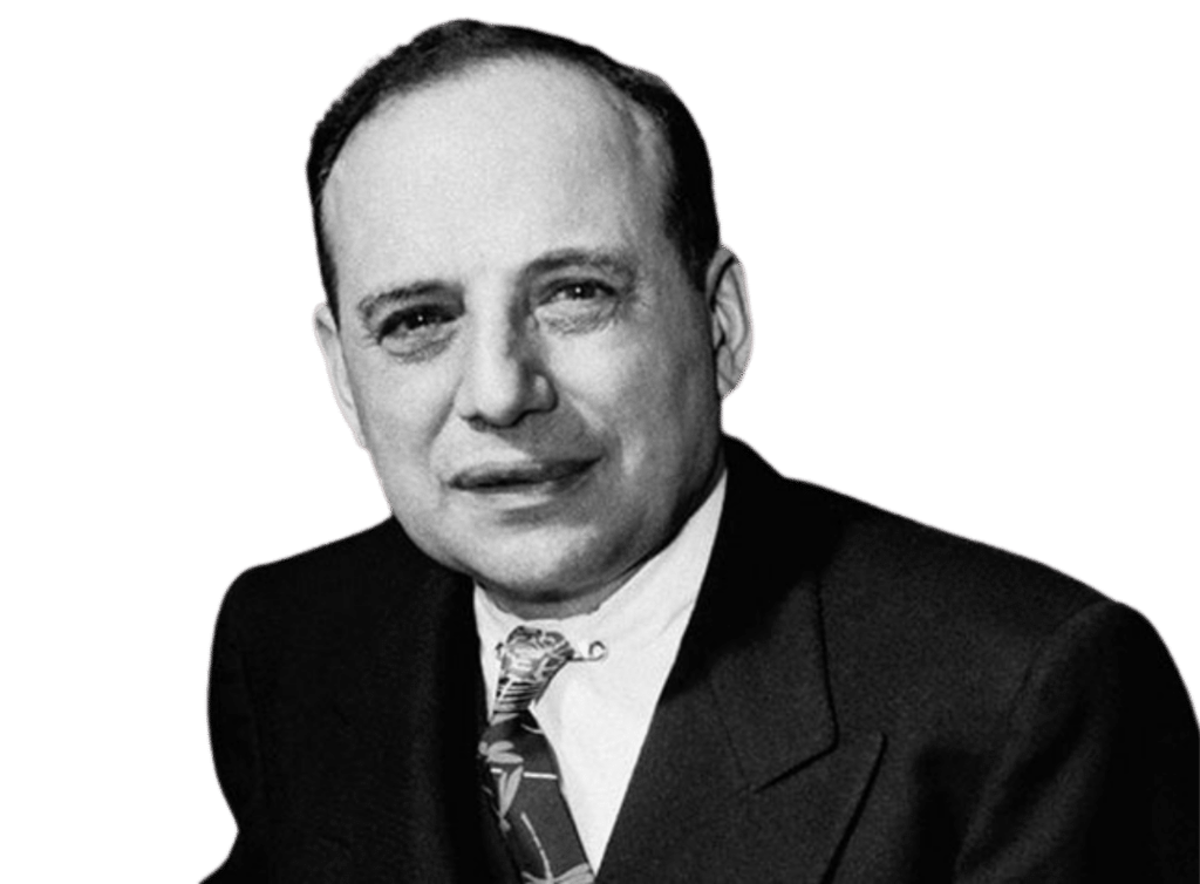What is a Stock Option? Differences Between a Call, Put, and Stock
Within the context of this article you will find the basic definition and a slightly different perspective in regard to stock options. The clear distinctions between a Call and Put Contract, including the rights and obligations of instrument holders, and how the fundamental characteristics compare with the underlying common stock.
"The right to buy 100 shares of stock at a specific price for a specific period of time". "The right to sell 100 shares of underlying stock at a specific price for a specific period of time". The first definition pertains to a "Call" Option, the second a "Put" Option. Obviously, one of the next questions from the inquisitive novice would be the following, "What exactly is an option contract?" "And what differentiates it from common stock if there is any divergence in fundamental material characteristics at all?" This is unquestionably first basic query every aspiring investor who is new to this highly specialized and often risky genre of equity derivatives investing will ask. Unfortunately, the answer can be both simplistic and complex if you take into consideration the entire spectrum of strategic uses, including but certainly not limited to high risk, offensive day trading vehicles to achieve quick potential profits, or more often than not, loses, and participation in defensive, or slightly more passive implementation for potential income generation although principal risk may be at stake during the process. Both the call and put contract can be called upon for financial assistance and or protection when an investor engages in the wide open, diverse range of stock market prognostication. The aforementioned practical uses will be addressed in future articles, but for now, let's see if we can swiftly attain a basic working understanding of what an option is in theory, and how this critically important financial instrument compares to common stock. We will briefly explore both the similarities and differences, and then rapidly build upon this newly acquired educational foundation when we meet again in the future.
- There are so many distinctions between stocks and options that we would need an instruction manual at least the size of a small novel to satisfy all the variables and strategic uses, so in this article we'll focus laser sharp on the most common differences -

One of the most important differences between an option and its close relative, the underlying stock, is life span. Even though a stock can be the preferred short term trading vehicle, it is also designed for longer term portfolio enhancing investment strategies and potential wealth building. If of course the company you invest in lives up to advertised expectations and delivers a consistent flow of healthy revenue streams and earnings. In stark contrast, the option contract, both the call and put, contain a unique condition of ownership therein called an expiration date, which means the instrument has a limited life span and will not last forever like a stock can in theory if it remains healthy and solvent. There are certain types of extended time frame options such as "leaps" which can contain an inherent duration of several years, but just like shorter term contracts, with each passing day, the "Time Value" clock ticks away resulting in systematic devaluation in small increments until eventually it too expires worthless if not exercised according to expressed terms of the contract prior to this ultimate fate.

WHAT IS A STOCK OPTION?
A stock option is a contract which contains a legal provision that gives the owner a right to either buy or sell a specific amount of underlying shares (100) at a specific price, for a specific time period.
Owner's Rights:
- Exercise the option (Buy or Sell the underlying stock).
- Sell the option.
- Let the option expire worthless.
- There are several other complex strategies an investor or trader can implement using the standard option, however, the 3 elements listed above always apply when buying and holding a Call or Put Stock Option -



EXAMPLES
GE Jan 30 Call @ .50
- "GE" Ticker Symbol for the company
- "JAN" Month in which the option expires worthless, in this example January
- "30" Strike/Exercise price. Underlying stock can be bought or sold for $30 per share (Fixed Price, does not fluctuate)
- "Call" Indicates "Call Option Contract"
- "@" At
- ".50" Price/Premium (In this example 1 contract would cost $50 / .50 X 100 shares = $50)
GE Jan 30 Put @ .50
Same as the "Call" example except the owner has the right to "Sell" 100 shares for $30 per share rather than "Buy" 100 shares.



Option / Stock Comparison Table:
STOCK
| OPTION
| |
|---|---|---|
Exchange
| NYSE - NASDAQ - American - OTC (Over the Counter) - Various International Exchanges
| CBOE (Chicago Board Options Exchange)
|
Equity Ownership in Company
| YES - According to the number of shares owned
| NO
|
Voting Rights
| YES
| NO
|
Forward / Reverse Split
| YES
| YES - Same as Stock
|
Intrinsic Value
| YES - According to Market Price
| YES - If contract is "In the Money"
|
Time Value
| NO - Price & Value are determined by Supply & Demand
| YES - Value decreases over time - Options are only valid for a specific period and can expire worthless if not exercised
|
Expiration Date
| NO - A Stock Certificate is valid for as long as the underlying company remains in operation and is not liquidated
| YES - Options expire at a specified date in the future
|
Buy & Sell With Full Service / Discount Broker
| YES
| YES - Higher level of approval typically required to buy and sell options
|
Bid & Ask / Spread / Volume
| YES
| YES - Typically a wider spread between the Bid & Ask and lighter volume verses the underlying stock
|
Market / Limit Order
| YES
| YES
|
Trade Confirmation Statement
| YES
| YES
|



Options Advantages / Disadvantages:
ADVANTAGES
| DISADVANTAGES
|
|---|---|
Leverage - More shares leveraged for less money
| More risk verses stock
|
Affordability - Commission charges or fees can be higher to trade options, however you can "Leverage" more shares with an option verses the underlying stock especially if it's "Out of the Money"
| Option can expire worthless if not exercised
|
Insurance Policy / Hedge - Puts & Calls can be used as a potential hedge against a decline in the market value of the underlying stock. Protection is NOT Guaranteed and there is risk involved
| Liquidity - Not as liquid as stock
|
Potential Income Generation - Not Guaranteed. - Risk Involved
| More complex to understand & trade
|
<>
| No Equity Position
|
<>
| Short term moves in overall volatile market conditions and or underlying stock to profit (Some complex options strategies can perform well in flat market conditions)
|



TIPS For The Beginner
- Attain a complete understanding of the "TIME VALUE" aspect before purchasing or selling options. This "Shelf Life" aspect can really catch you by surprise especially if you're not fully engaged with derivatives market activity on a daily basis.
- Make sure you understand the spread and liquidity factors.
- Lower trading volume is usually a reliable indicator of anemic liquidity (Potentially longer period of time to buy or sell calls and puts).
- Income generating potential via selling options may not result in a consistent revenue stream as some experts may advertise. Understand the risks prior to engaging in this complex strategy.



- Thanks for visiting, I sincerely hope you've found my unique, expert perspective and opinions in regard to this very complex subject both informative and helpful. Please visit again to share your personal observations related to the risky, diversely utilized, and at times, feverishly exhilarating world of stock options -

- About the Author -
- Alternative Prime is a former Personal Finance Professional - Broker - Life Agent - Series 7& 63 Registered Representative & NASD Member Licensed in 5 States - Stock & Options Researcher/Consultant/Trader/Investor - Contract Quality Check Supervisor - Regional Manager/Trainer and Educated in Business Law Aspects.

Alternative Prime is a highly respected expert in the field of financial markets who has attained premium status by acquiring and utilizing a virtual wealth of invaluable hands on experience in several divergent subjects - Stellar credentials which have paved the way toward fostering cherished long term working relationships with several high profile celebrity clients in the Beverly Hills Ca area and cultivating stimulating social interaction with innumerable readers and acquaintances domiciled throughout the world <>
|
|---|









